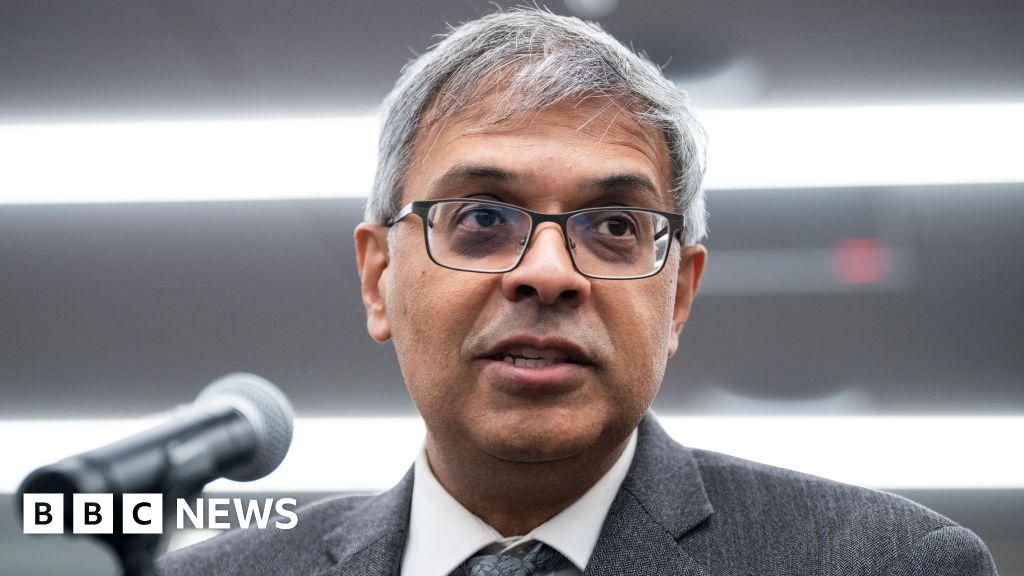Jay Bhattacharya Nominated as NIH Director: A Shift in U.S. Healthcare Policy

President-elect Donald Trump has made headlines with his recent nomination of Dr. Jay Bhattacharya, a prominent critic of the COVID-19 lockdown measures, as the new director of the National Institutes of Health (NIH). This appointment is seen as a pivotal shift in U.S. healthcare policy as it brings a controversial figure to oversee the country’s largest public biomedical research agency.
Bhattacharya, who is a trained physician and economist from Stanford University, gained notoriety during the pandemic for co-authoring the Great Barrington Declaration. This open letter advocated against widespread lockdowns and called for a focus on protecting vulnerable populations instead.
In an announcement, Trump praised Bhattacharya’s credentials and vision, saying, ‘Dr. Bhattacharya will work with Robert F. Kennedy Jr. to restore the NIH to a Gold Standard of Medical Research.’ The initiative aims to tackle America’s pressing health challenges, particularly chronic illnesses and diseases.
Bhattacharya expressed his gratitude on social media, stating he was ‘humbled’ by the appointment. He emphasized a commitment to reforming American scientific institutions to regain public trust, ensuring that scientific advances serve to improve health across the nation.
This nomination caps off Trump’s selection of a public health team that has garnered both support and skepticism. Alongside Bhattacharya, Trump has nominated individuals like Jim O’Neill as deputy health secretary and Dr. Mehmet Oz for the Centers for Medicare and Medicaid Services.
Kennedy’s selection as the head of the Department of Health and Human Services complements the reshaping of the NIH, indicating a potential shift in focus away from infectious diseases towards addressing chronic health issues.
While Bhattacharya’s nomination has been praised by some, it has also faced criticism, particularly from those who believe it undermines the actions taken during the pandemic by traditional public health leaders.
As the Senate prepares to confirm the new health leaders, a significant transformation in U.S. public health policy seems to be on the horizon, echoing the diverse opinions that Bhattacharya has attracted throughout his career.
